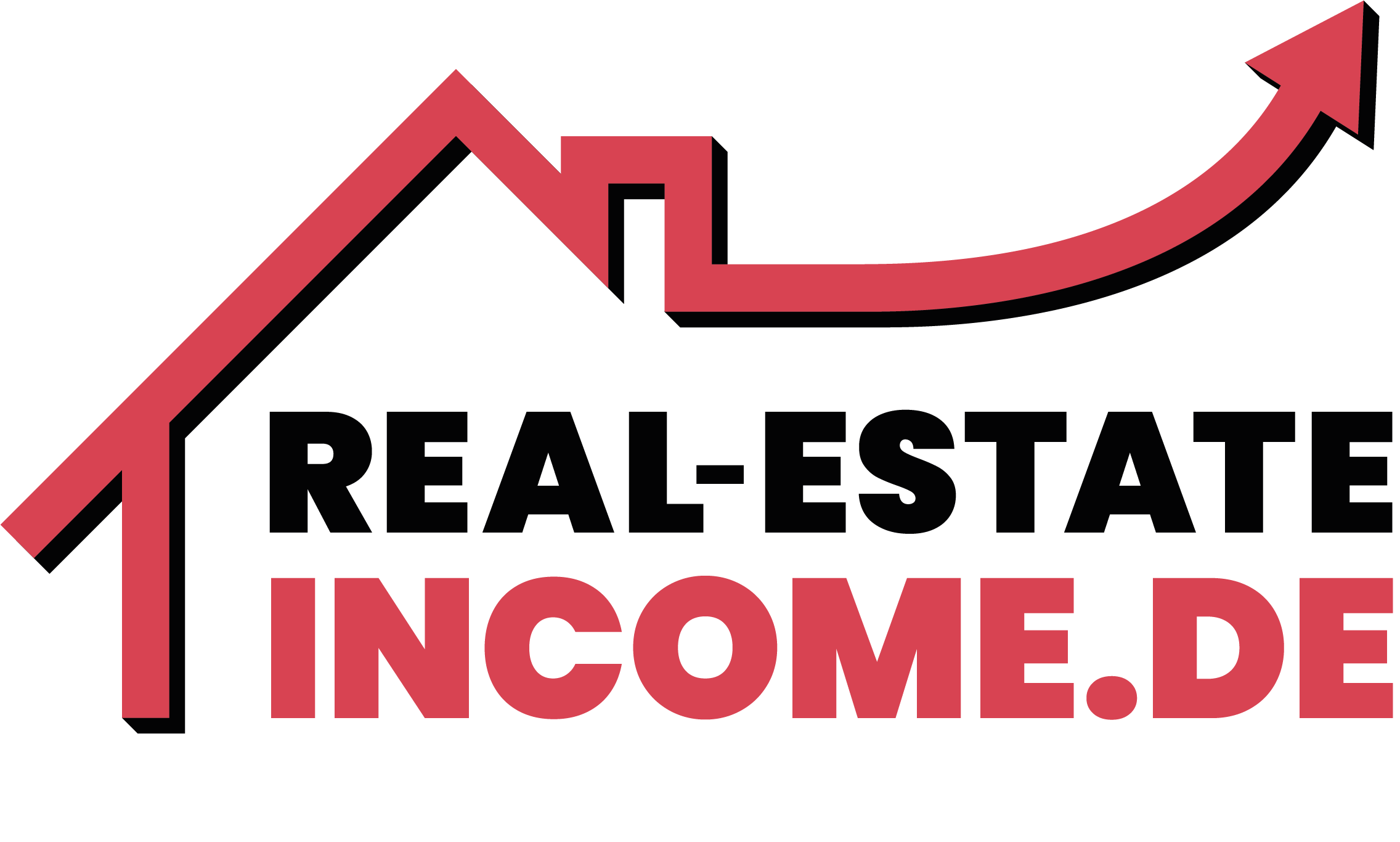Requirements for real estate
Martin's answers to your questions...
Requirements for real estate
How much money do I need to buy a property?
In contrast to owner-occupied property, it can make a lot of sense to finance as high a proportion of the purchase price as possible in the case of rented property. The interest on the loan is tax-deductible here and thus brings massive tax advantages. In addition, the tenant also pays a large part of the monthly installment, so that even with higher financing ratios hardly or only minimal own additional payments are possible. In our practice, around 7/10 of buyers finance their property in full. In this case, the amount of equity required for the incidental acquisition costs is sufficient. Depending on the property, these are amounts starting at about 10,000 EUR. Of course we have also 3/10 of the buyers who bring in clearly more own means, because they receive thereby better interest conditions or protect their freely available savings from low interest with other investments and the inflation. And even some investors buy the real estate completely from own means, without financing anything at all. Accordingly, the answer to the question about the necessary money for the acquisition of a rented property is between 10,000 and 50,000 EUR or even significantly more when buying without financing.
Under what conditions can I buy a property?
Anyone can buy a rented property in Germany. Passive income and real estate income can basically be earned by anyone to begin with. Since rents are paid by the tenant by standing order, the only real requirement is an account in Germany.
What are my monthly running costs?
The advantage of a rented property is that most of the monthly expense is paid by the tenant. This is the idea of passive income and real estate income. The current service charges are divided into apportionable and non-apportionable service charges. The apportionable service charges are passed on to the tenant by the management. These are e.g. insurance premiums for the building insurance, maintenance contract for the elevator, quarterly property tax, janitor, staircase cleaning, lighting, garbage collection, snow removal in winter, garden maintenance, heating costs, electricity costs.
Then there is not much left for the landlord. He only pays the non-allocable costs himself. These are administrative costs for house and rental management, ongoing repairs - in case something breaks during the year - and the formation of maintenance reserves.
It should be noted that if the tenant accidentally damages something in the apartment, as a rule neither the tenant nor the landlord is responsible for the damage, but the tenant's personal liability must cover the costs. Therefore, a professional management checks that only tenants with private liability insurance including rental property damage can rent an apartment.



